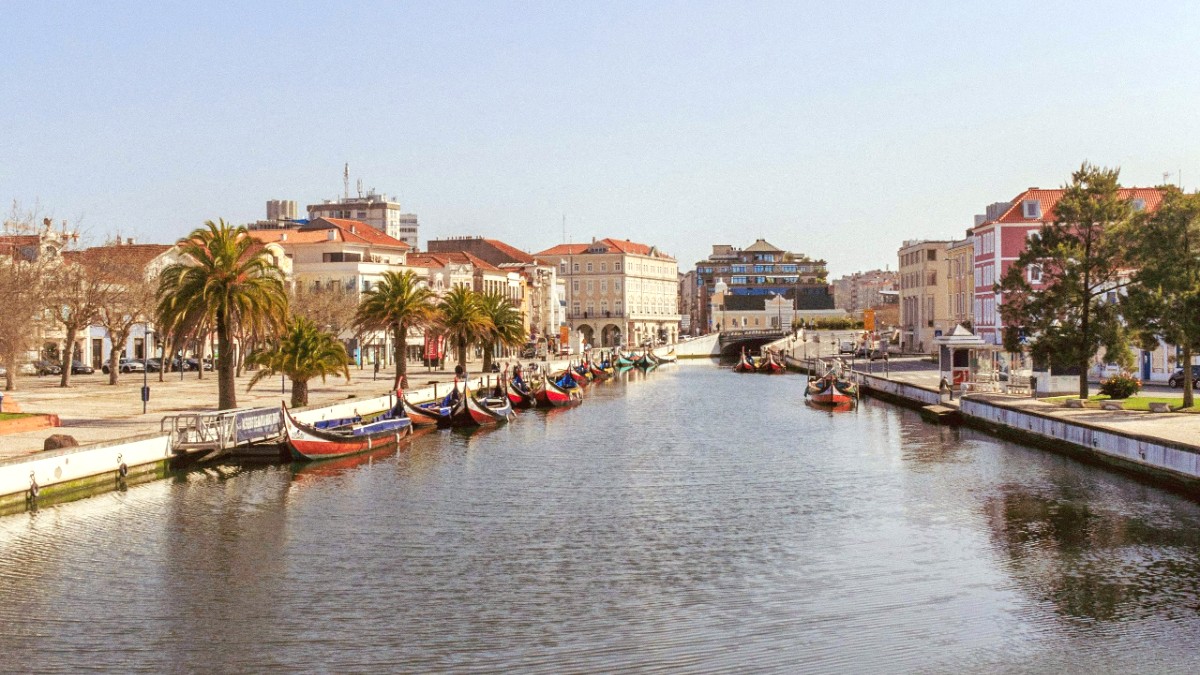
Portugal
During spring (March-May) and autumn (September-October), layering is an useful strategy. Temperatures can fluctuate, and evenings often cool down.
For summer (June-August), lightweight, breathable clothing is ideal. In winter (December-February), warmth is a priority.
For Aveiro's cobblestone streets and extensive exploration, Supportive walking shoes are a must.
For beach visits to Costa Nova or Barra, Sandals or flip-flops are convenient.
Smart casual footwear is appropriate for upscale dining. High heels can be tricky on cobblestones.
Keep all documents readily available, with both physical and digital copies.
Portugal uses Type C and F plugs, common in Europe. The standard voltage is 230V, and the standard frequency is 50Hz.
Most modern smartphones are compatible with Portuguese mobile networks. Install useful apps before your trip.
Use cloud storage services (e.g., Google Photos, Dropbox) to back up your photos and important documents while traveling.
Set strong passcodes on all devices. Enable remote wipe capabilities for phones in case of loss or theft.
Ensure your laptop and smartphone have up-to-date antivirus software, especially if you plan to use public computers.
A small but useful item to carry. It supports minor health concerns that might arise.
Sun protection is important, especially during sunnier months. Insect repellent is less critical in the city center.
No specific equipment is needed beyond what you would typically wear for general sightseeing. Dress comfortably and bring your camera.
For cycling or beach activities at Costa Nova or Barra, a few items contribute to your comfort.
The Dunas de São Jacinto Natural Reserve is an excellent spot for birdwatching and nature walks.
Beyond the basics, a few items significantly enhance your comfort and convenience while traveling.
These items contribute to responsible travel and daily practicality.
Lessen plastic bottle use by refilling from potable tap water sources.
Enjoy your morning coffee from a reusable cup to minimize waste.
A foldable bag for purchases at markets and shops.
Shampoo bars and solid soaps reduce plastic packaging.
Roll clothes to save space and minimize wrinkles. Consider packing cubes for organization and to separate items.
Place heavier items at the bottom of your luggage. Pack liquids in a separate, sealed bag within your checked luggage to prevent leaks.